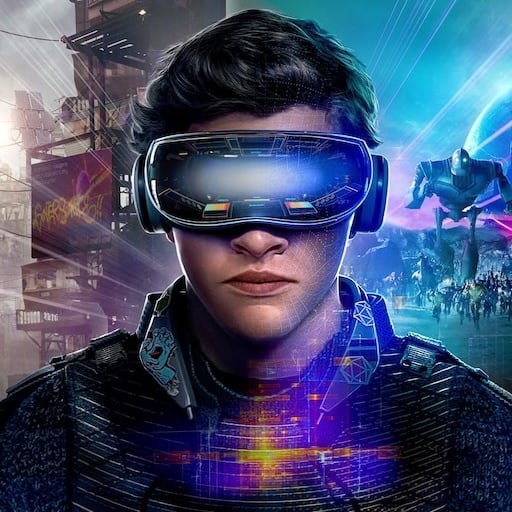Marking the first chair to join the ‘Made For Meta’ accessory program, Roto VR Explorer is a VR chair with a leather seat, back supports, adjustable seat height, and a footrest for comfort when rotating 360°. The chair moves when you turn direction in-game using “Look & Turn” technology, an approach Roto VR believes can help solve motion sickness issues with locomotion and 360º viewing.


Not entirely sure if this helps with motion sickness or makes it worse. When I first started playing VR I was too exhausted to keep standing and used a rotating chair for a bit, which pretty much instantly made me sick.
That was basically the only time I got sick, I don’t have an issue with loopings, flying, etc. Could just be that I wasn’t as used to it yet though.
I looked into getting a sim rig for vr since i get motion sick from driving/flying games, and saw several people saying that unless both the rig movement and headset tracking are extremely precise it will make motion sickness worse in vr. I guess something similar would be true for rotating chairs
When movement does not match what you are seeing you are going to have problems.
Yeah, but both for a regular chair that rotates and this one that shouldn’t be the issue, since you’re actually turning. I think I initially got sick because of the “walking forward in game and swiveling around in real live”.
Yeah, I’ve thought about this, but I think you need more than one degree of freedom for the chair to help with motion sickness. Like, if your character is in a car and accelerates, you need to tilt (pitch) backwards a bit, to emulate the way the acceleration pushes you back into your seat on the car (well, really it’s the corresponding motion in the inner ear we need to worry about, but a tilt is the correct solution for both). When you go around a corner, it needs to tilt (roll) sideways a bit, to match the feeling of being pulled to the outside of the turn by centrifugal force. Etc. Those are the forces our inner ears are expecting, and without those, there’s still a mismatch. And even with the hardware to do those movements, you need software to calculate the right motions ahead of time so you can reach the right positions in time to match the visuals, which is also quite difficult, and makes it pretty hard to picture doing this as a peripheral rather than as an integrated system. And the cost would be prohibitive.
Honestly I think we may not get this until we can fake it all with electrical signals to the brain, which is quite a long way off.